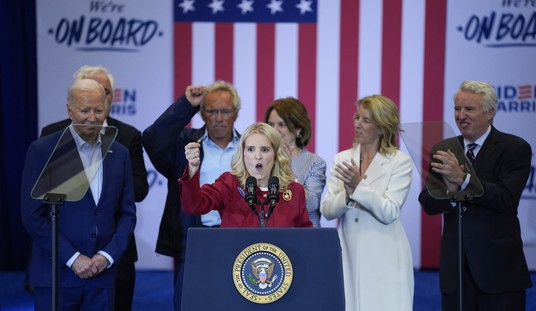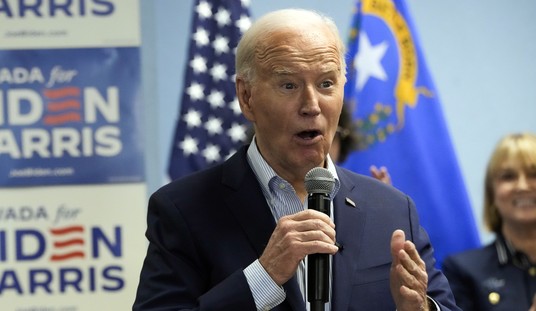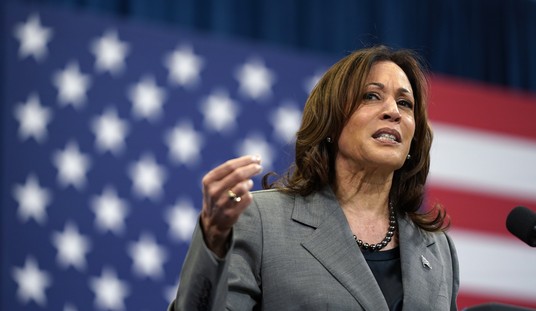Communist China has been pursuing an integrated foreign policy and economic strategy aimed at world domination for years. It is called the “Belt-Road Initiative (BRI),” or the “One Belt One Road (OBOR) initiative, and is nicely summarized here:
Launched in 2013 as “one belt, one road”, it involves China underwriting billions of dollars of infrastructure investment in countries along the old Silk Road linking it with Europe. The ambition is immense. China is spending roughly $150bn a year in the 68 countries that have signed up to the scheme.
Those investments are aimed at building and then controlling the transportation infrastructure in countries across Asia, Africa, and Europe, including ports, roadways, and railways. The goal is to gain direct access to (and control of) raw materials and also markets for Chinese-produced goods. Chinese investments come with strings attached through a debt-leveraging scheme. This involves making significant investments in lesser-developed countries, and then gaining control of facilities, transportation infrastructure, and raw materials when those countries have difficulty in repaying the Chinese loans. Note that there is a maritime component of BRI called the “Maritime Silk Road” that is focused on gaining control of strategic ports in Southern Asia, Africa, and Europe.
China unveiled the concept for the Twenty-First Century Maritime Silk Road (MSR) in 2013 as a development strategy to boost infrastructure connectivity throughout Southeast Asia, Oceania, the Indian Ocean, and East Africa. The MSR is the maritime complement to the Silk Road Economic Belt, which focuses on infrastructure development across Central Asia. Together these initiatives form the One Belt One Road (OBOR) initiative designed to enhance China’s influence across Asia.
While we Americans have been navel-gazing about Russian and Ukrainian hoaxes, a faux impeachment, and Iranian shenanigans, the Chinese have been aggressively pursuing their BRI and Maritime Silk Road Strategy on many fronts and in many countries. One of those little-noticed fronts is the United Nations, as has been recently discussed in this Defense One article:
Over the last thirty years, China’s involvement in peacekeeping has grown dramatically. In 1990, China provided only five personnel in total to all peacekeeping operations. Just three decades later, China provides the tenth most troops of any country. Beijing now is also the UN peacekeeping program’s second largest funder, providing 15 percent of the program’s overall budget. Although the United States remains the peacekeeping program’s top funder at 28 percent of the program’s budget, the Trump Administration has proposed a 27 percent decrease in U.S. contributions for the 2020 fiscal year. Furthermore, the U.S. ranks eighty-second out of 119 contributing countries with only thirty-one peacekeeping personnel. In fact, China stands alone as a top provider of both human and financial capital to peacekeeping efforts.
China’s unusual choice to invest both capital and personnel, however, has created suspicion that Chinese peacekeeping efforts are tied to its economic interests: in other words, China sends peacekeepers primarily to protect its economic assets abroad. And, since representatives from UN member countries negotiate the MOUs to determine “details of the personnel, major equipment and self-sustainment services that the contributing country will provide,” the opportunity exists for China to determine where, when, and how its contributions will be deployed. Notable cases of countries with both Chinese peacekeeping presence and significant Chinese investment, for example, include the Democratic Republic of the Congo and South Sudan, both of which provide valuable resources to Chinese markets.
China uses its trade surplus with the US for many purposes, including the funds used for the debt-leveraging schemes, military buildup and operations, overseas spying operations, industrial espionage, and also to pay for UN security forces to protect their overseas investments. The ChiComs would, of course, claim their investments in UN peacekeeping operations are entirely altruistic but, of course, they’re not known for their charity.
By “buying Chinese,” we Americans are literally subsidizing the ChiComs’ Belt-Road Initiative – and much, much more! This is the Chinese version of the Marxist phrase, “the capitalists will sell us the rope we hang them with.” Time to consider alternate sources for the products we purchase at Walmart and elsewhere.
The end.













Join the conversation as a VIP Member